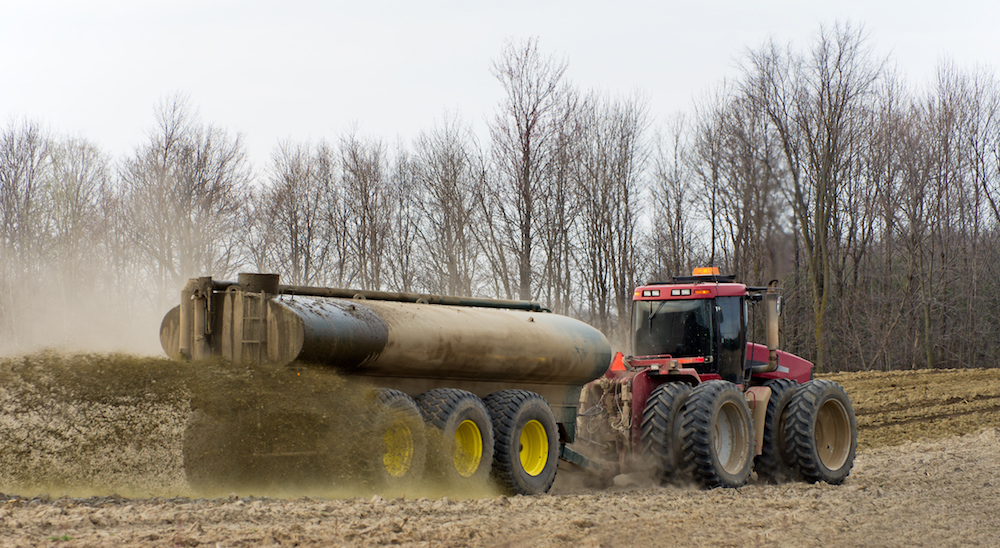Manure Runoff Linked to Hundreds of Illnesses in Kewaunee County Every Year
MADISON, WI — Today researchers with the US Dept. of Agriculture unveiled a new study examining the health impacts of water pollution in northeastern Wisconsin. The results are eye-opening—hundreds of people in Kewaunee County alone are getting sick with gastro-intestinal illnesses each year primarily because manure runoff from nearby farms is leaching into their drinking water.
“We always talk about these things in the hypothetical—’It might make people sick. It’s a risk.’ And now researchers have put numbers to those risks,” says Clean Wisconsin Water Program Director Scott Laeser. “These are real people missing school, missing work, going to the hospital, bearing medical costs.”
Clean Wisconsin has long been advocating for clean water protections for families across the state impacted by agricultural runoff. In 2014, it joined other environmental advocacy groups to file a Safe Drinking Water Act petition with the US Environmental Protection Agency, which eventually led the DNR to develop new standards for manure application in northeastern Wisconsin. But Laeser insists those standards are far from enough, and urgent action is needed to protect families from pathogens found in manure and nitrates from fertilizers.
“Manure needs to be carefully applied to fields or it can make its way into drinking water, especially in vulnerable areas of the state that have thinner topsoil. The pathogens it carries cause the gastro-intestinal illnesses researchers are seeing,” explains Laeser. “In other instances, agricultural runoff causes nitrate contamination which presents different but equally concerning health risks, like blue baby syndrome, developmental risks for fetuses, and increased risk of certain cancers and thyroid disease for all ages.”
Laeser, who operates a vegetable farm in southwest Wisconsin, believes protecting families will take aggressive action from state lawmakers who have acknowledged that agricultural pollution is an enormous problem, but so far have failed to deliver meaningful action to address it.
“For too long we’ve heard about how every Wisconsin family deserves clean drinking water. It’s time to start delivering on that promise.”
Scott Laeser, Clean Wisconsin Water Program Director
“This study only reinforces the reality that our efforts to prevent water pollution from agricultural runoff are falling far short of what families deserve. We can have clean water and thriving farms, but we need to change the way we farm in order to achieve that goal,” he says.
In 2019, Gov. Tony Evers directed the DNR to develop new rules to protect vulnerable areas of Wisconsin from nitrate pollution. Laeser says it’s important that those rules are finalized and approved by the Legislature as soon as possible.
“To prevent agricultural practices from polluting our drinking water, we need new protections, like the NR 151 nitrate rules proposed by DNR, and significant and lasting investments by the Legislature to give farmers and state and local agencies the support they need to protect our drinking water,” Laeser said.
For the thousands of families already dealing with contaminated drinking water, Laeser says the solution must be more immediate. Clean Wisconsin is advocating to expand eligibility for the Well Compensation Grant program along with greater investment in the program to help people who have contaminated wells drill new ones or install filtration systems.
“For too long we’ve heard about how every Wisconsin family deserves clean drinking water. It’s time to start delivering on that promise,” he says.
For more information about Clean Wisconsin’s work to protect our waterways, visit cleanwisconsin.org.

